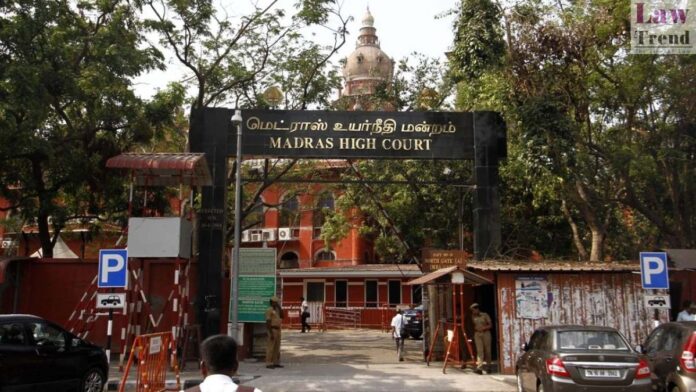In a noteworthy judgment, the Madras High Court has quashed an order passed against a deceased individual by the Deputy State Tax Officer, directing that fresh proceedings be conducted to provide an opportunity for the legal heir to present his case. Justice Krishnan Ramasamy, presiding over the matter, emphasized that passing an order against a
To Read More Please Subscribe to VIP Membership for Unlimited Access to All the Articles, Download Available Copies of Judgments/Order, Acess to Central/State Bare Acts, Advertisement Free Content, Access to More than 4000 Legal Drafts( Readymade Editable Formats of Suits, Petitions, Writs, Legal Notices, Divorce Petitions, 138 Notices, Bail Applications etc.) in Hindi and English.




